Part 1: Preface, What is Meta-Media
Meta-media is a term that refers to new forms of media that emerge from the convergence and recombination of traditional media (like print, radio, and TV) and modern digital media technologies (like the internet, digital art, and virtual reality). The term is often associated with media theorist Marshall McLuhan, who envisioned the future of media as a combined and interconnected "global village."
In meta media, the lines between different media formats become blurred, allowing for the creation of hybrid forms that extend beyond the capabilities of any single medium. It is characterized by the following:
-
Interactivity: Users can interact with the content in ways that were not possible with traditional media, such as clicking on a hyperlinked text, engaging with a video game, or navigating a virtual environment.
-
Non-linearity: Unlike the linear progression of a book or film, meta media often allows users to choose their own path through content, creating a personalized experience that can differ with each interaction.
-
Integration: Different types of media are merged. For instance, a single platform might combine text, audio, video, and interactive elements.
-
Digital Connectivity: Metamedia often involves networked environments, allowing for global communication and access to information across various devices and platforms.
-
User Creation and Manipulation: Users can not only consume content but also create, modify, and share their own content, often in real-time.
Considerations:
- Metamedia is a more abstract and theoretical concept, which often deals with the combination of multiple media types to create new forms of expression and communication.
- It can be considered a commentary on media itself, examining how media interacts with society, culture, and other media.
- Metamedia often involves a self-referential aspect, where the media reflects on itself or on the nature of media as a form.
- Marshall McLuhan, who is often associated with the term, used it to describe new configurations of media technologies that transcend traditional formats, potentially encompassing cultural and societal implications.
Meta-media represents a more participatory and immersive form of media that leverages digital technology to create experiences that are more engaging and multifaceted than traditional media forms. It acknowledges and utilizes the interconnectedness of modern media technologies to allow for more complex forms of communication and expression.
